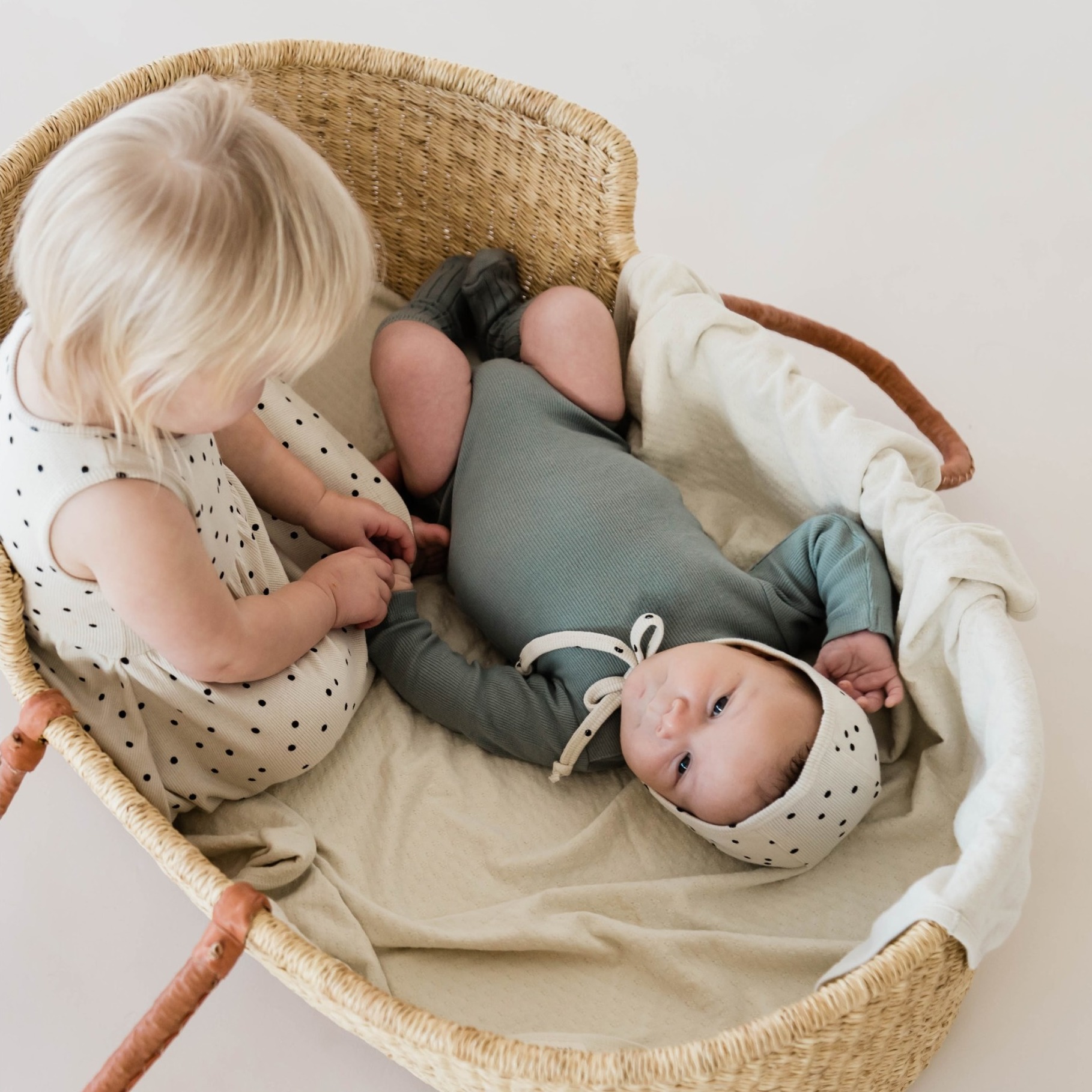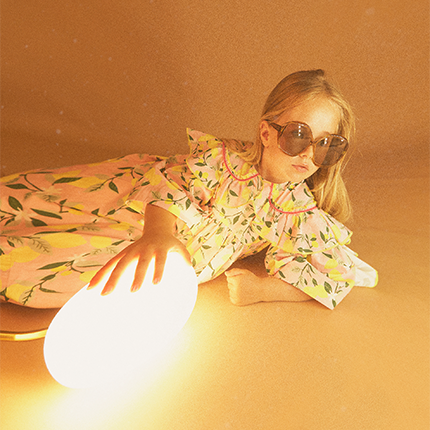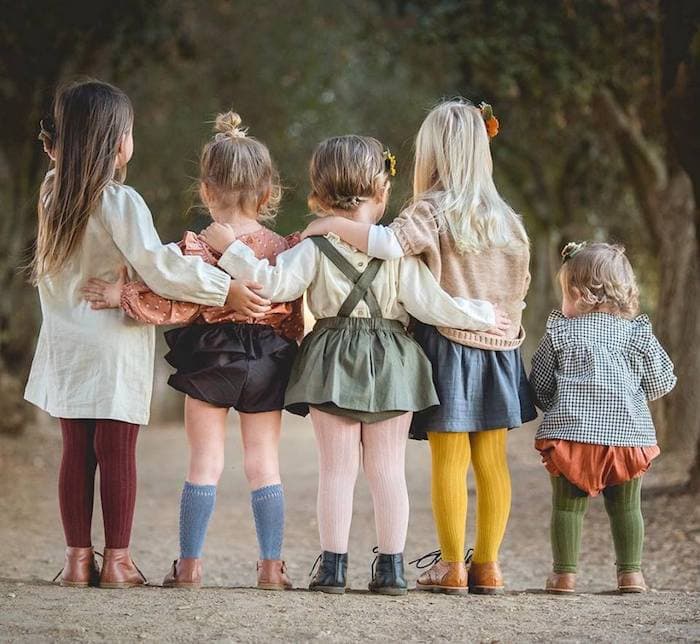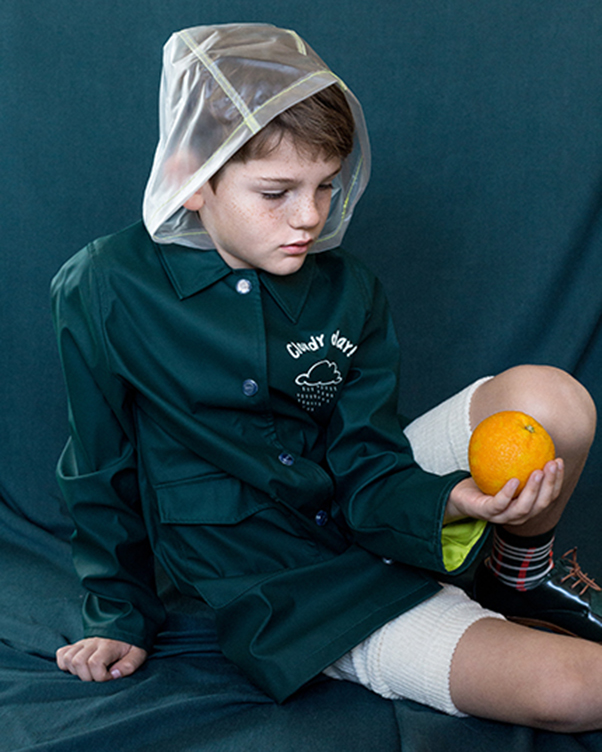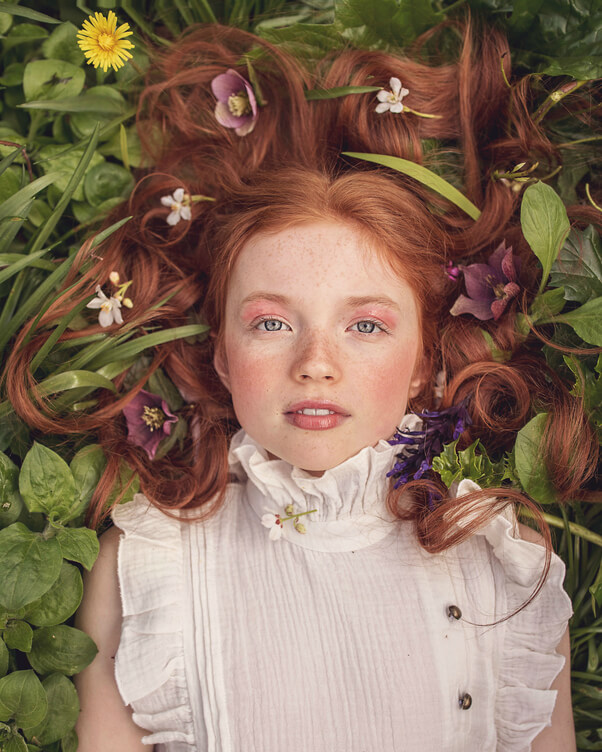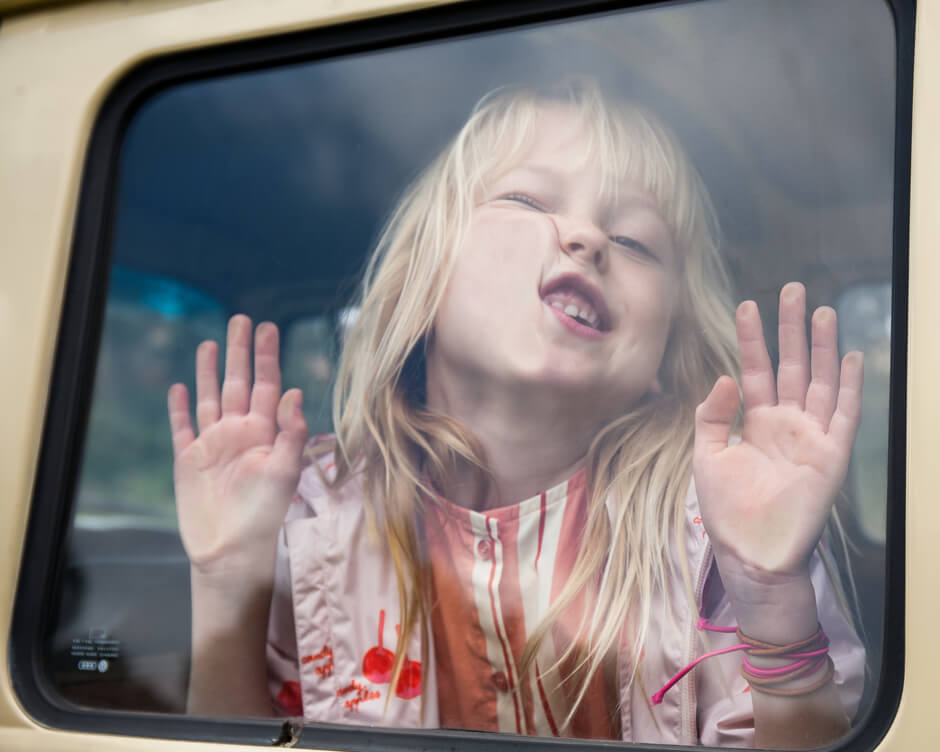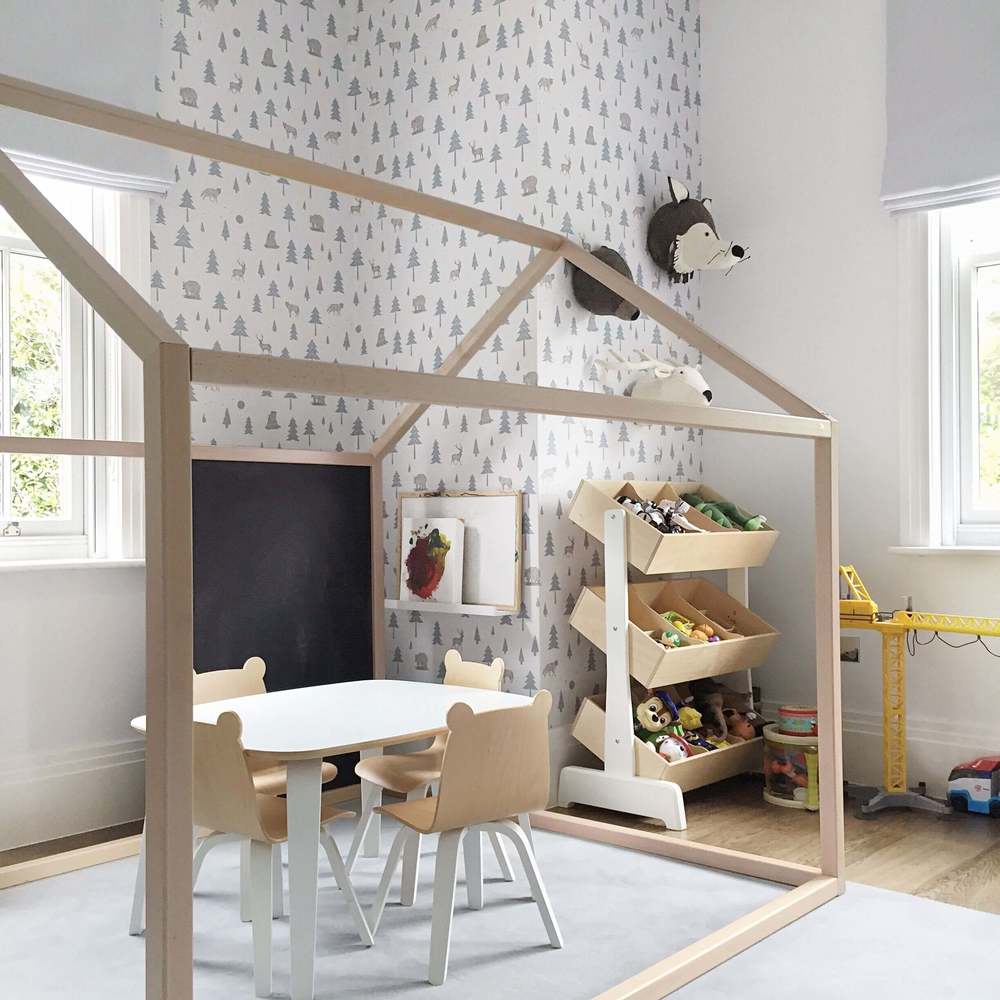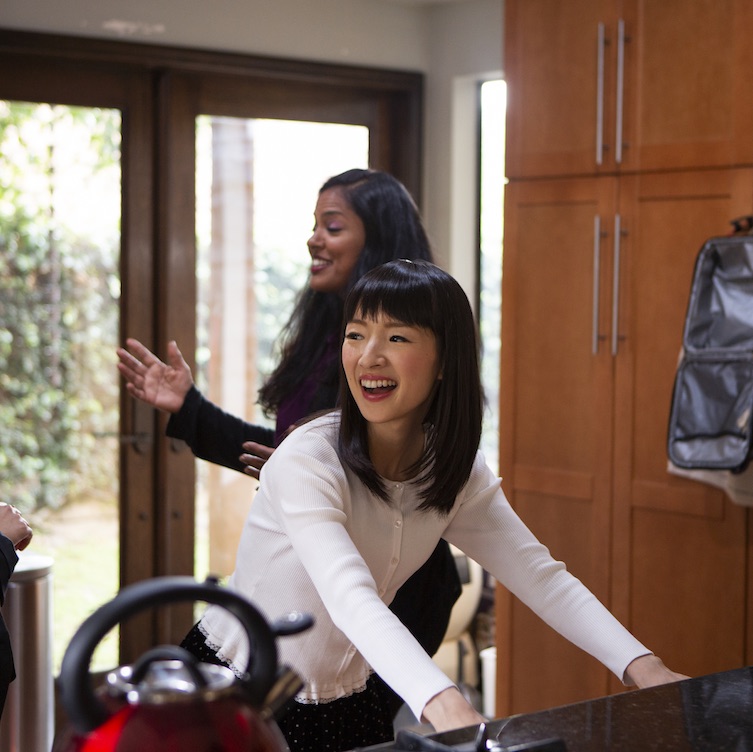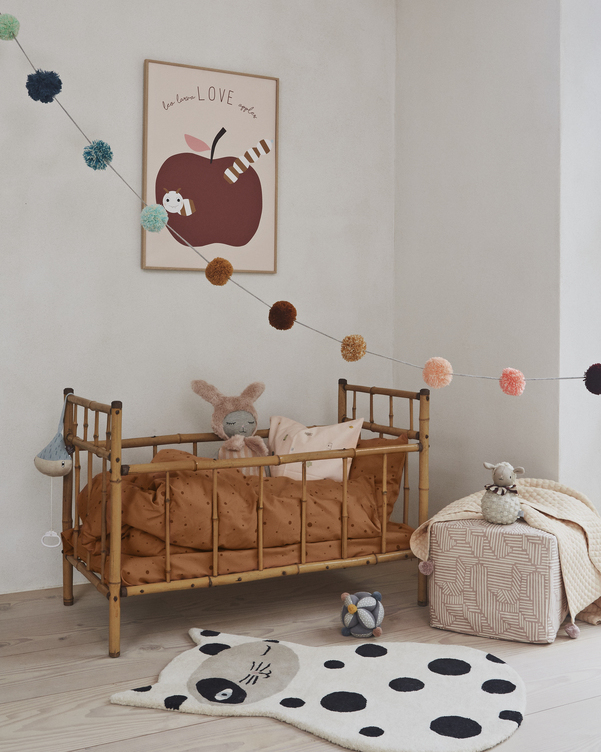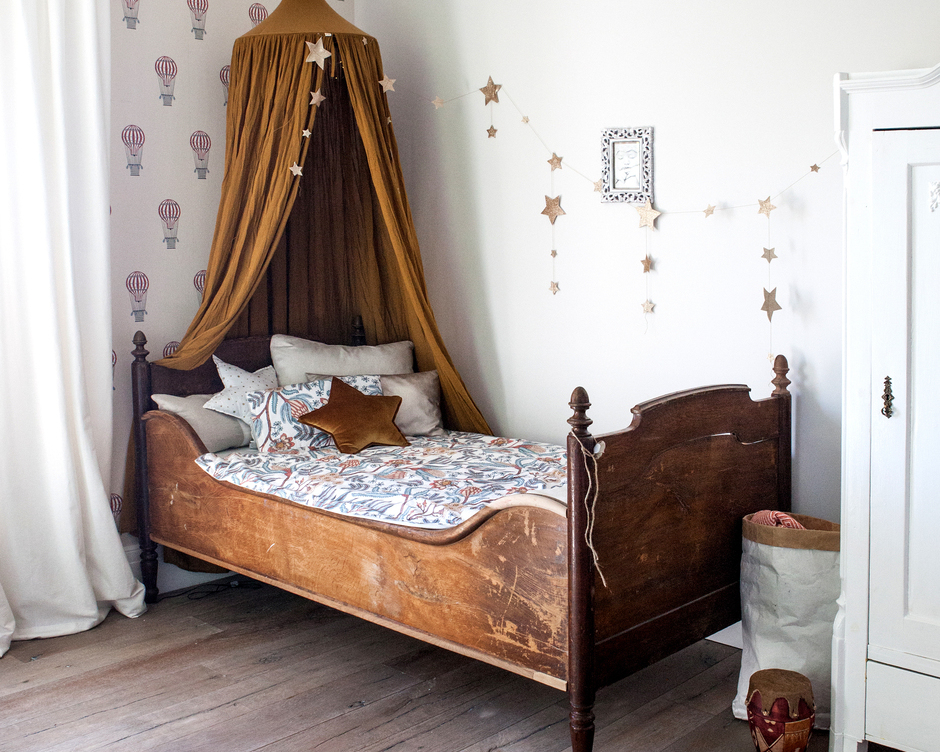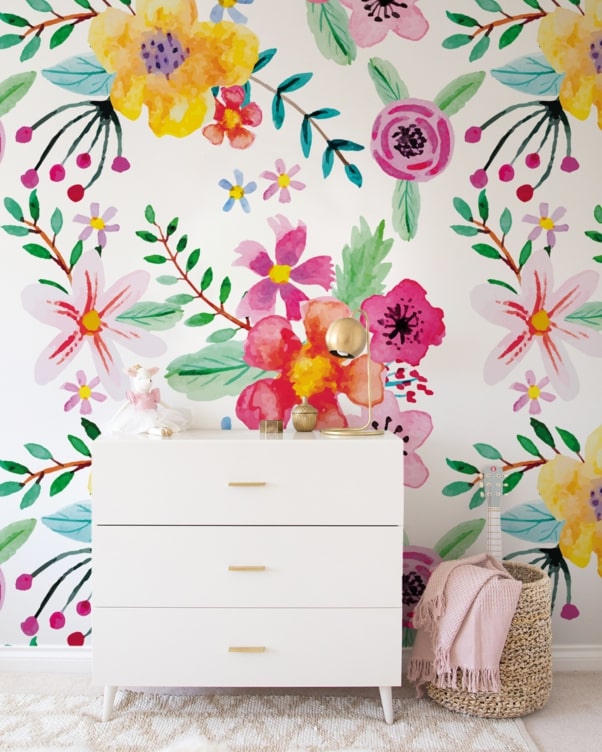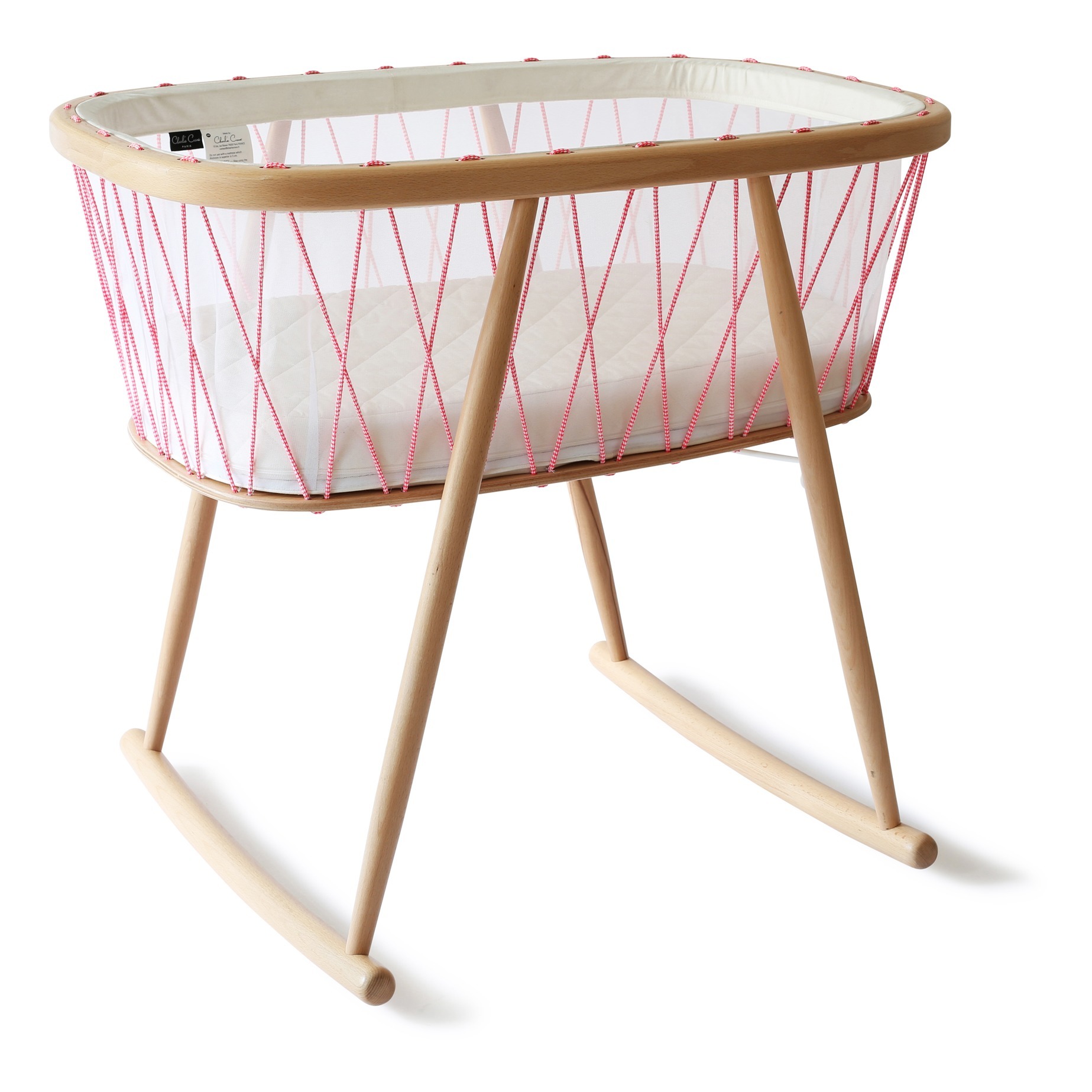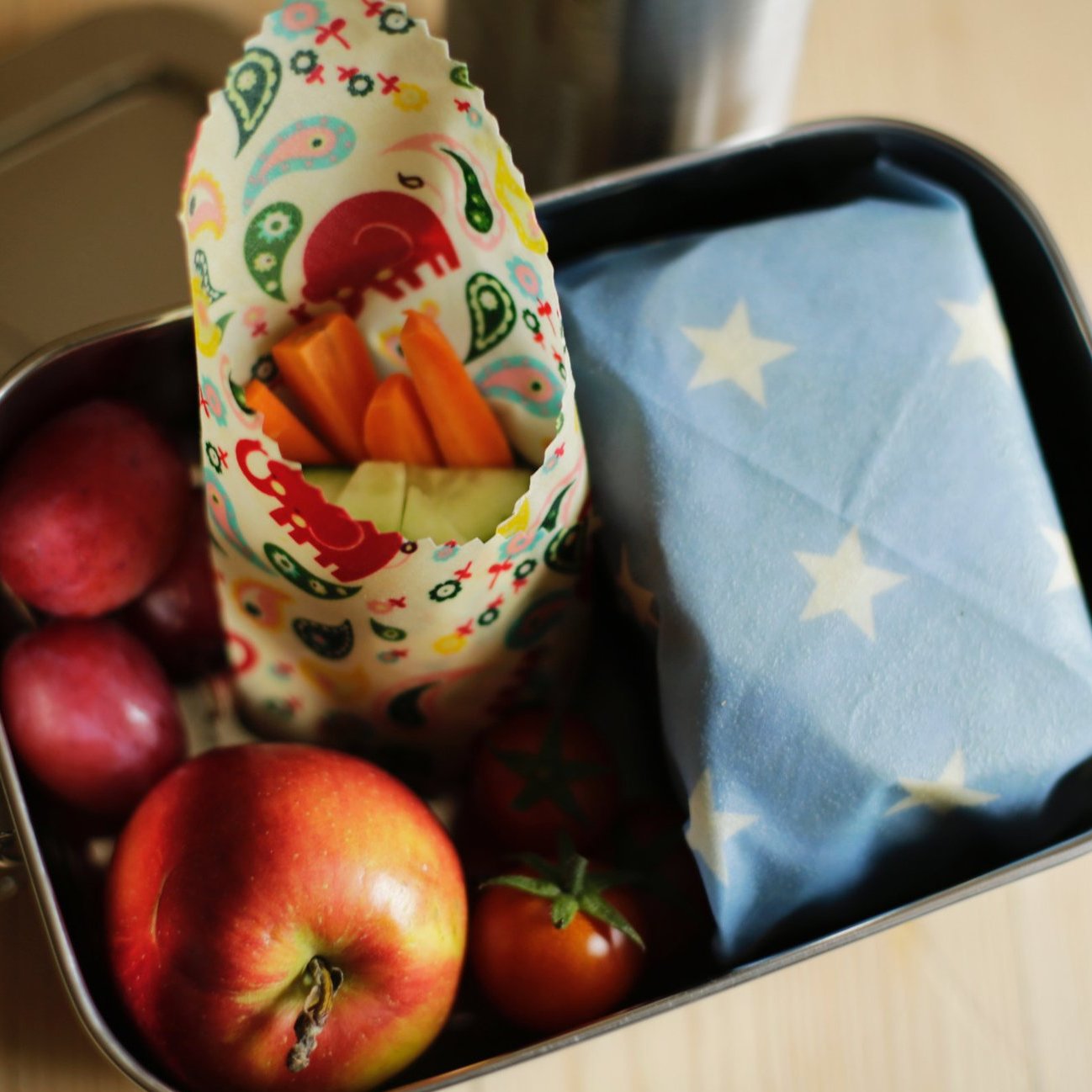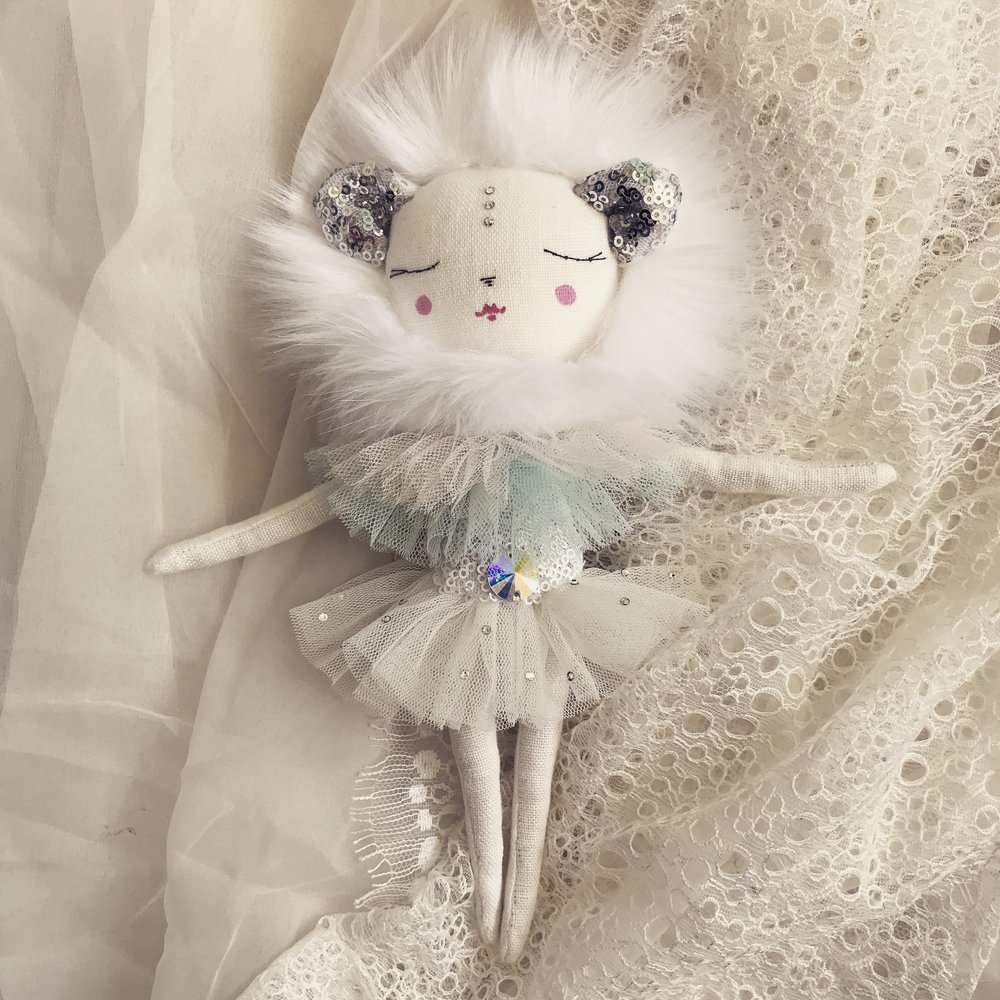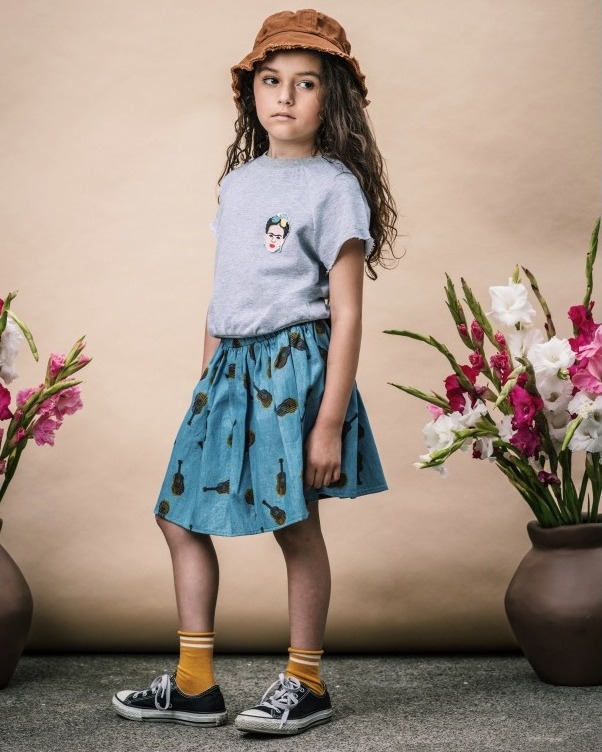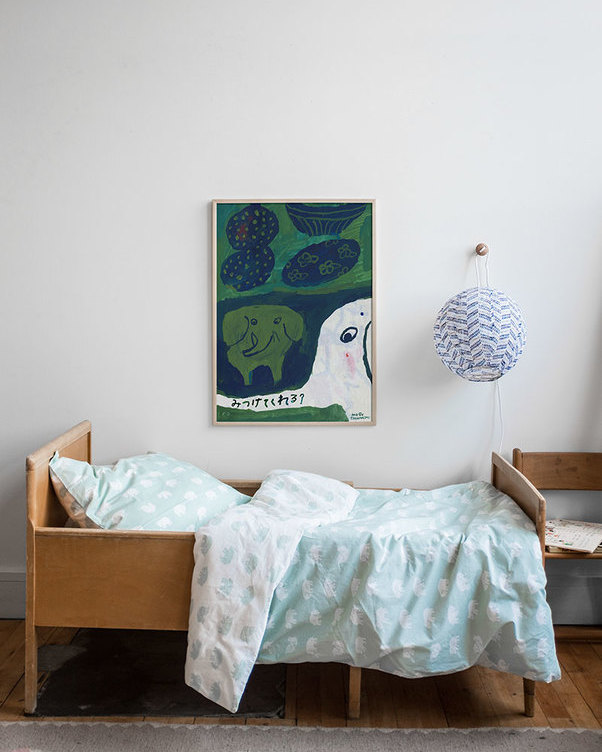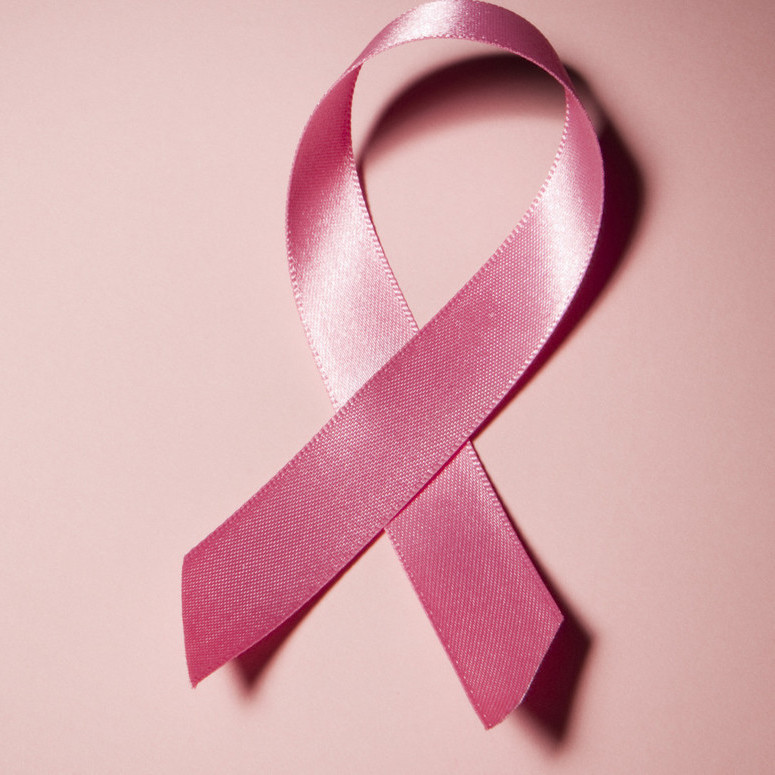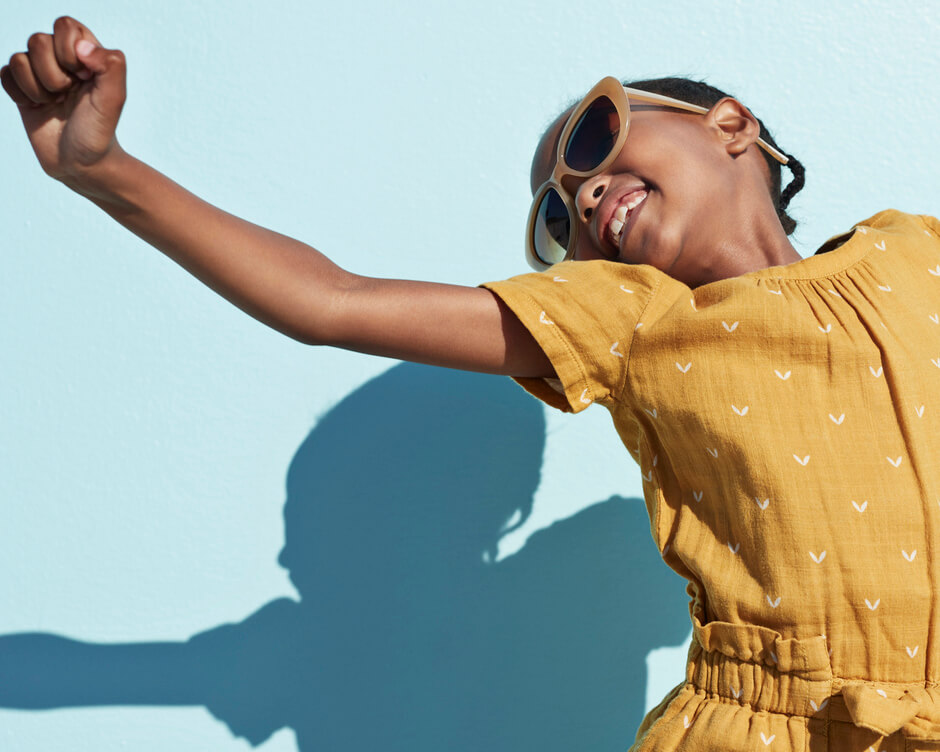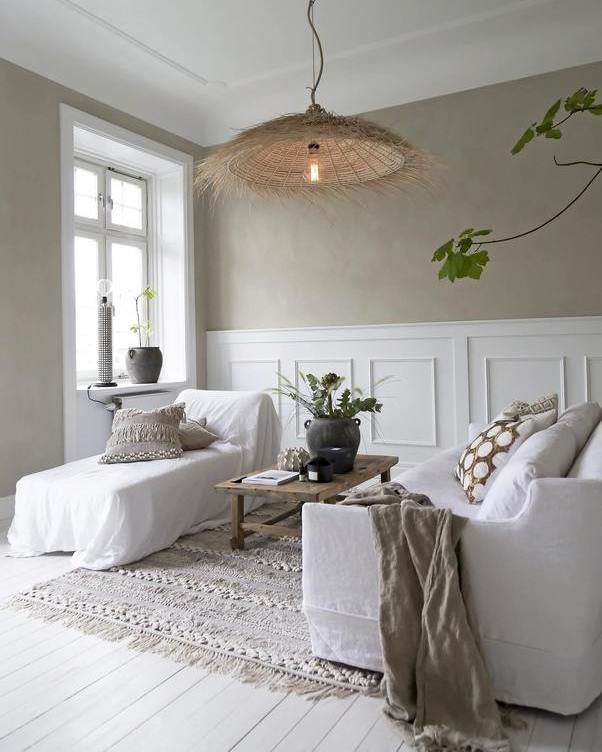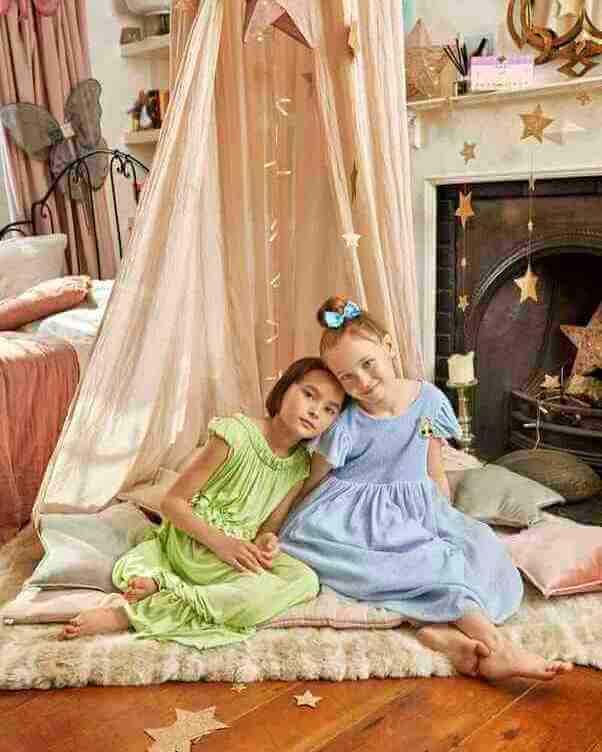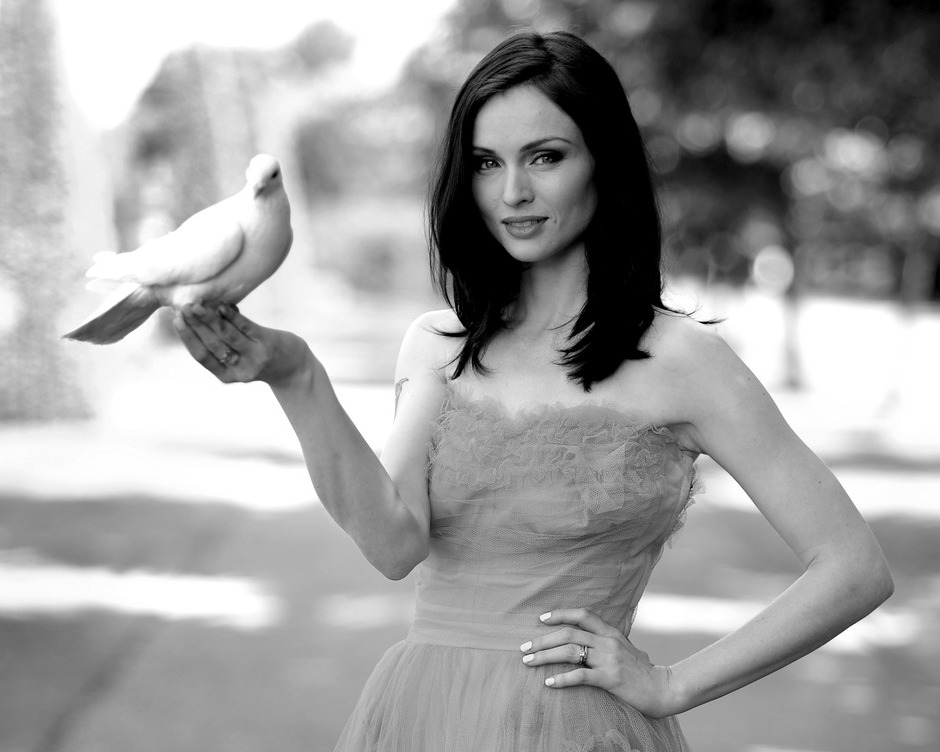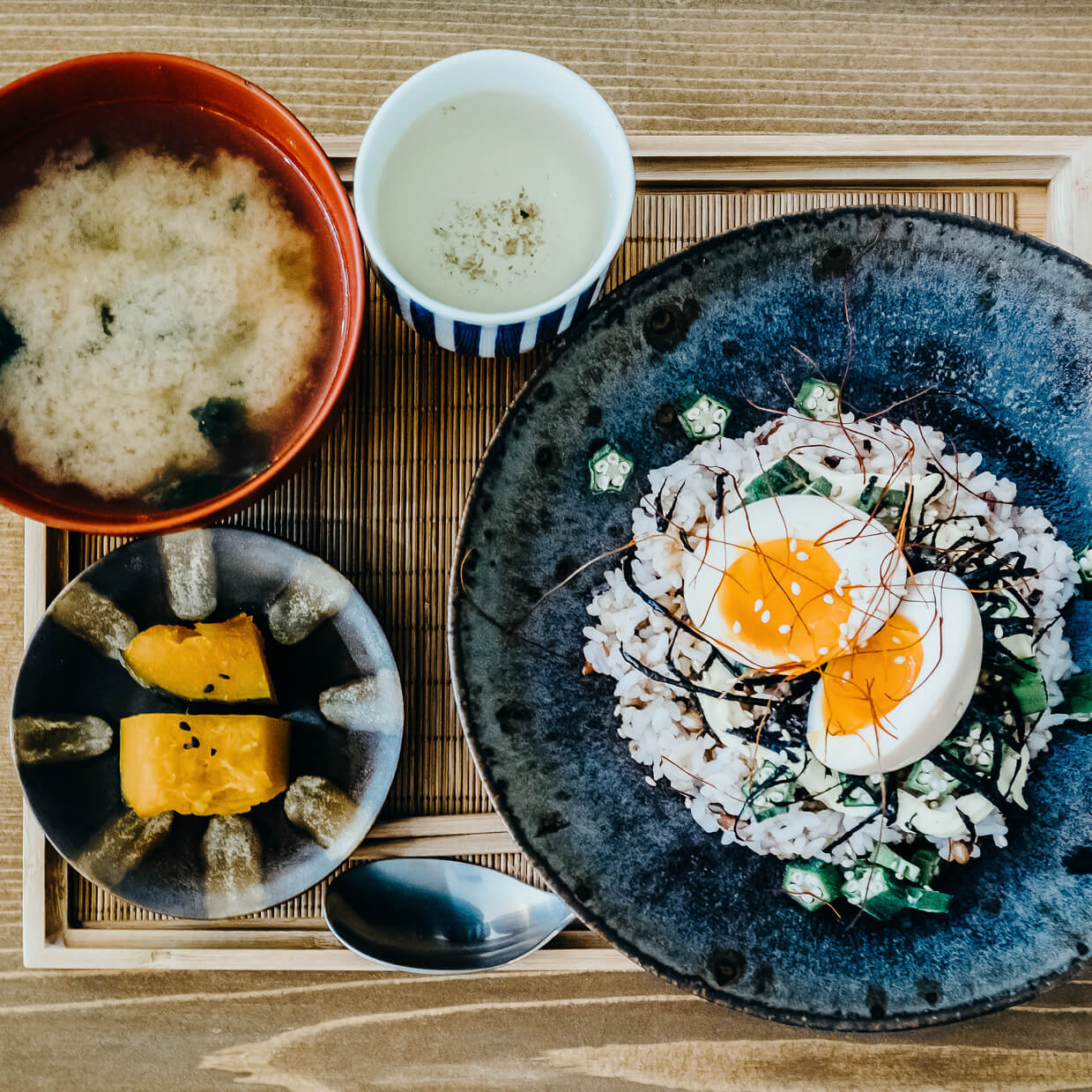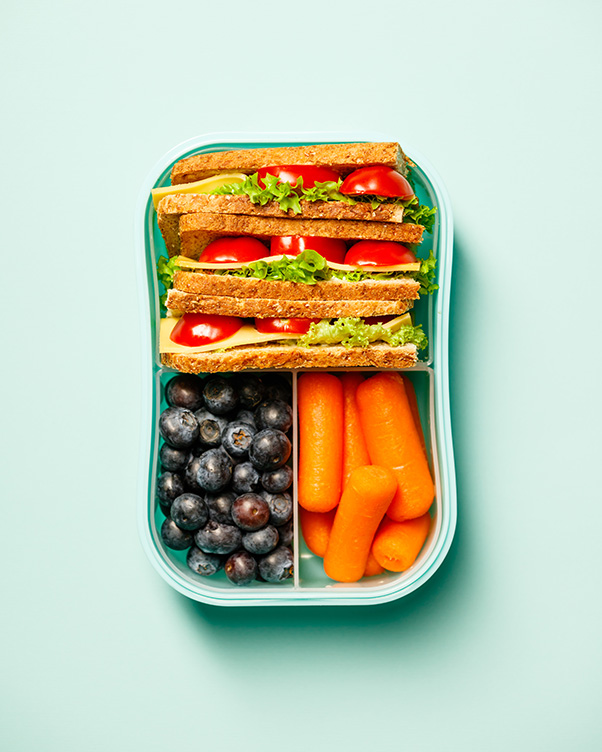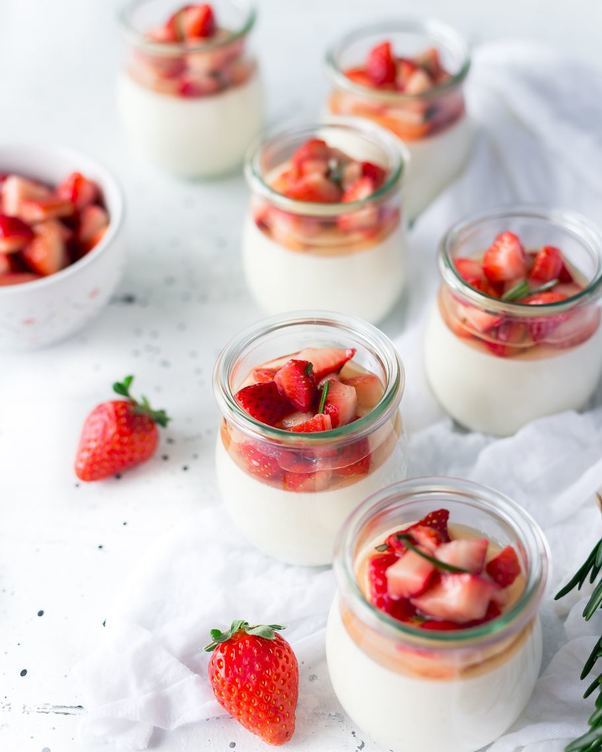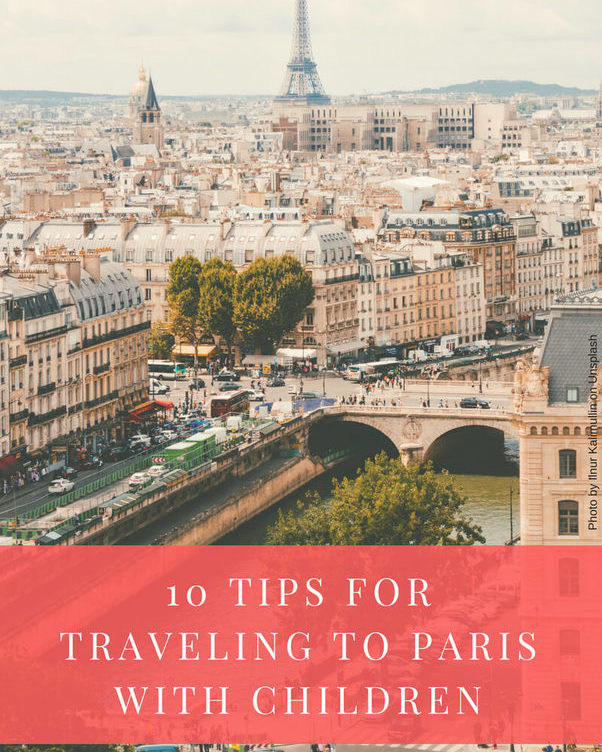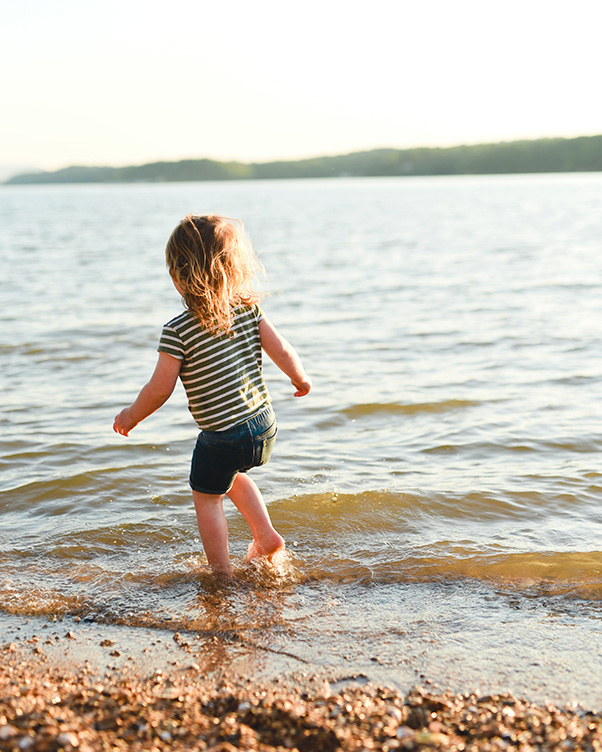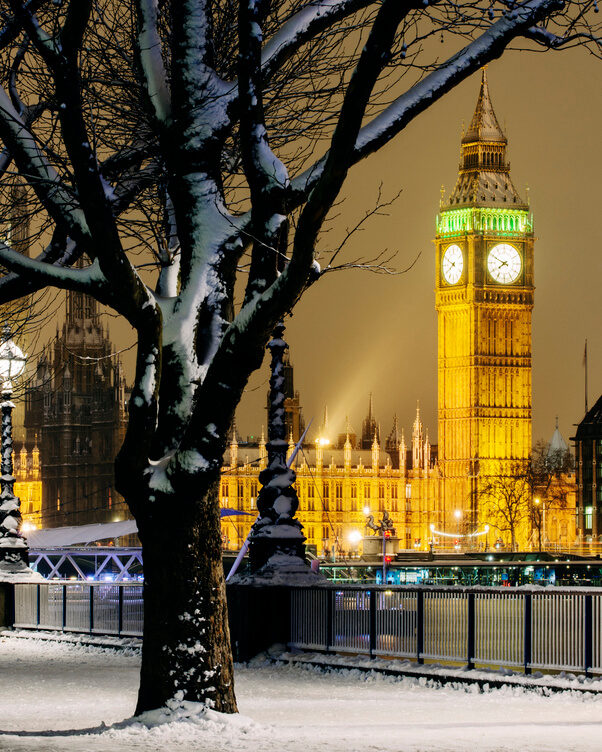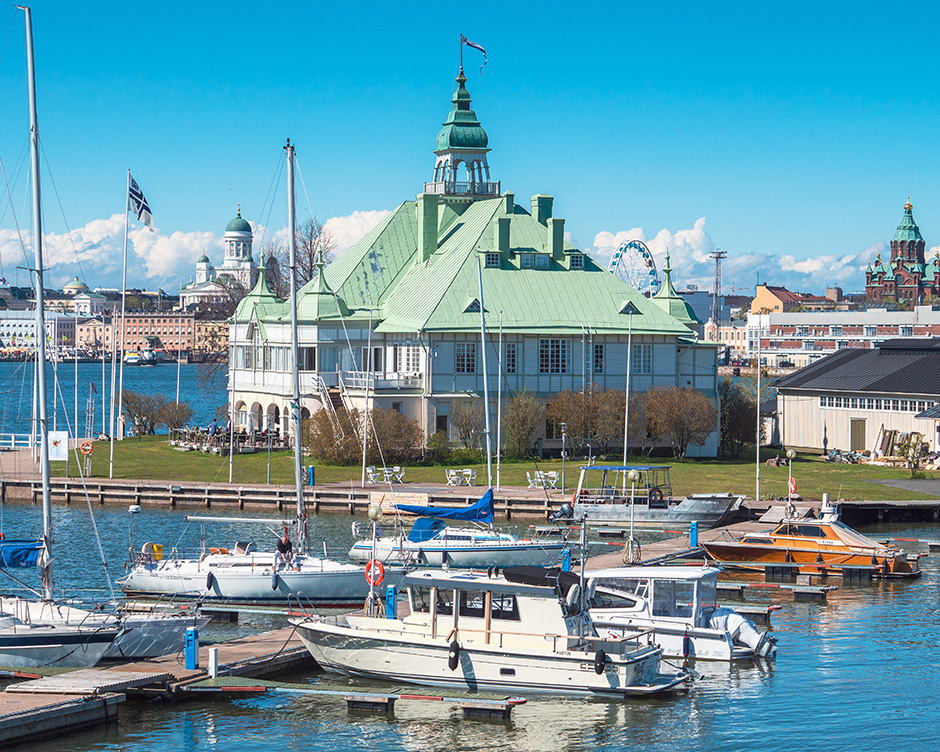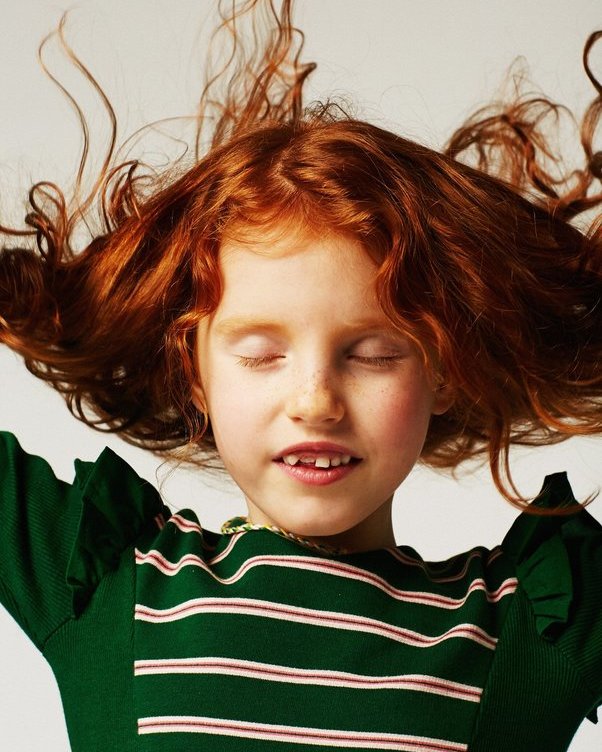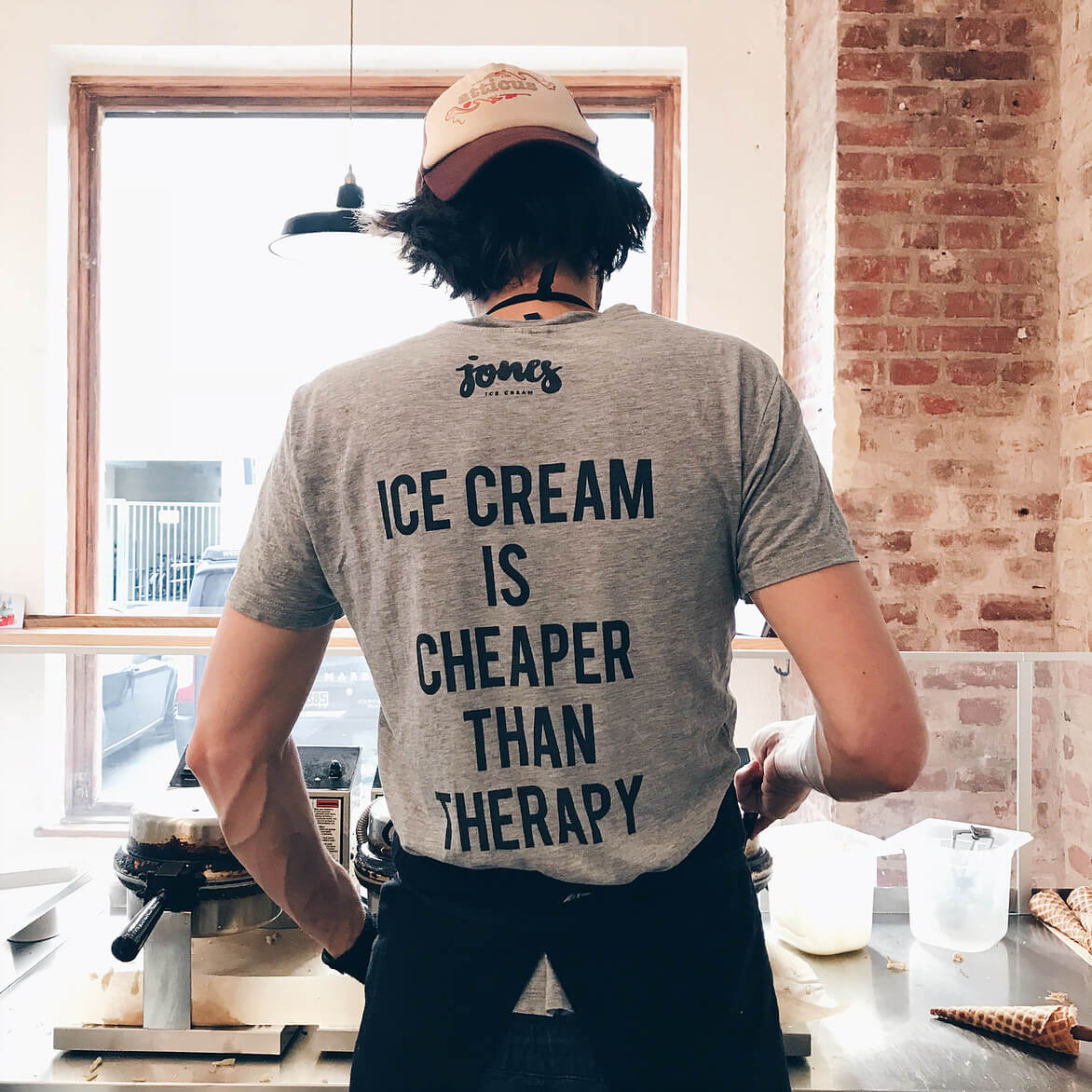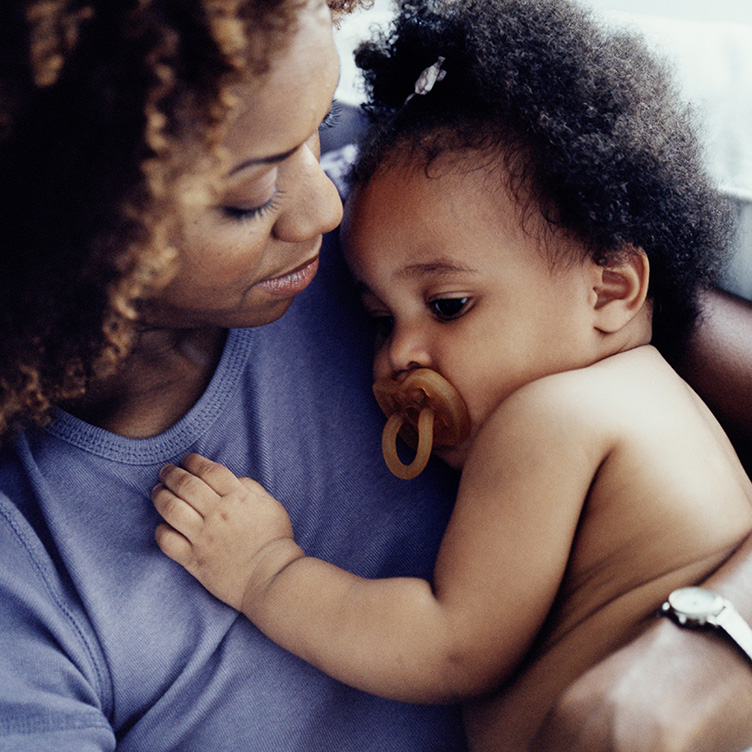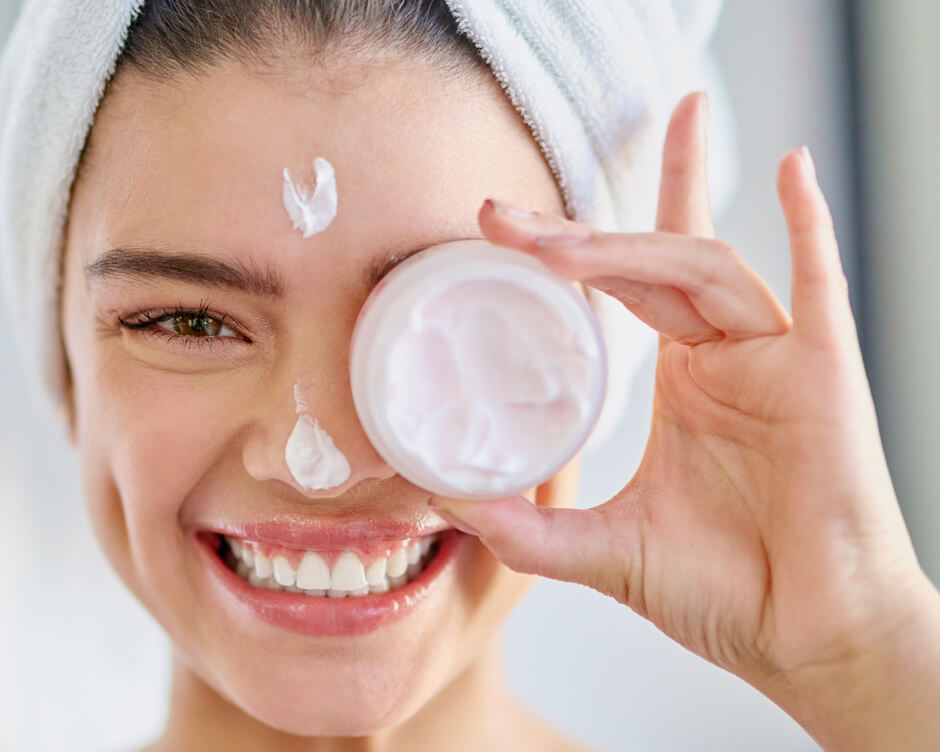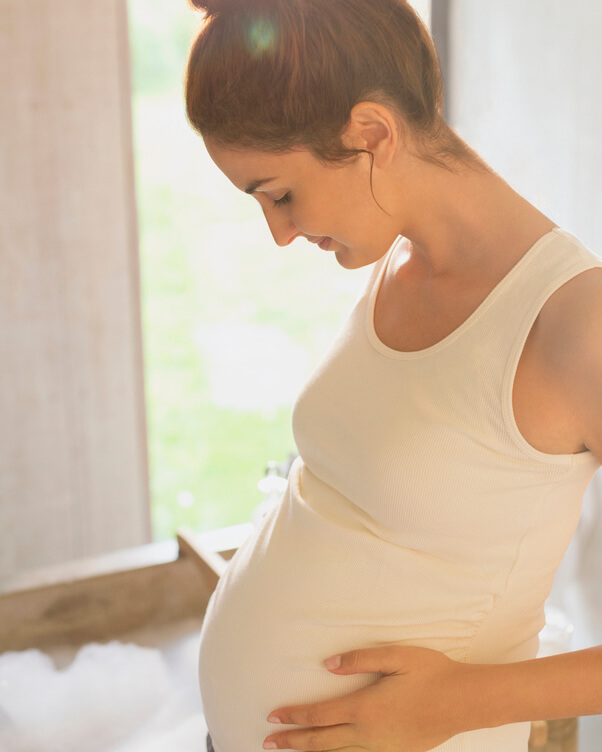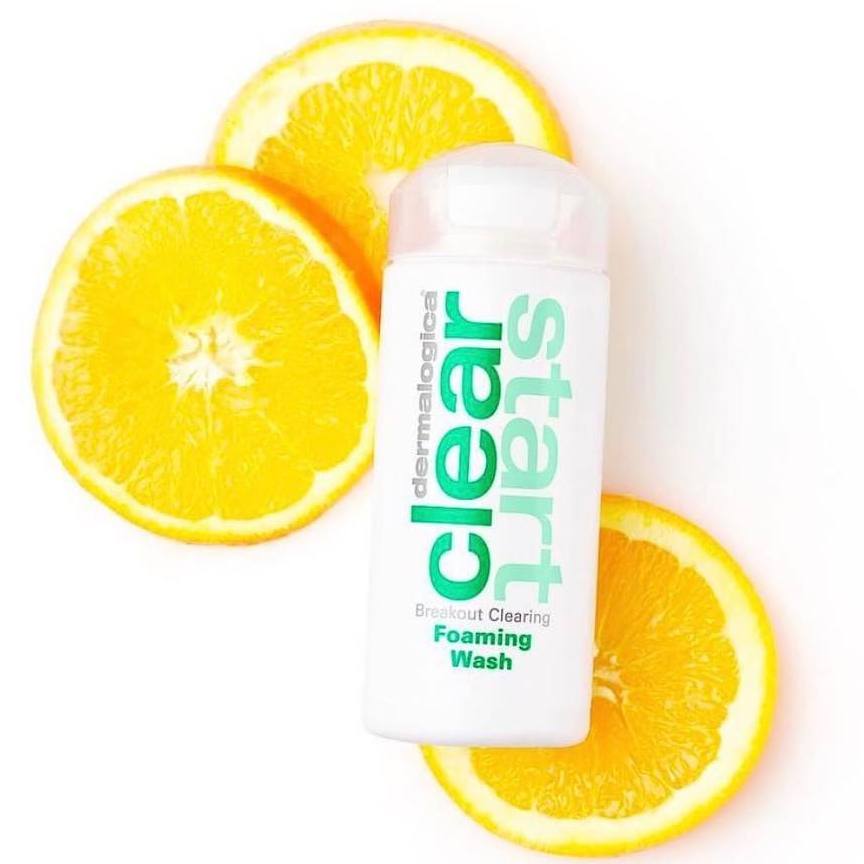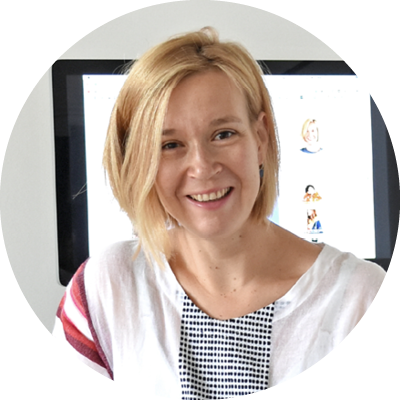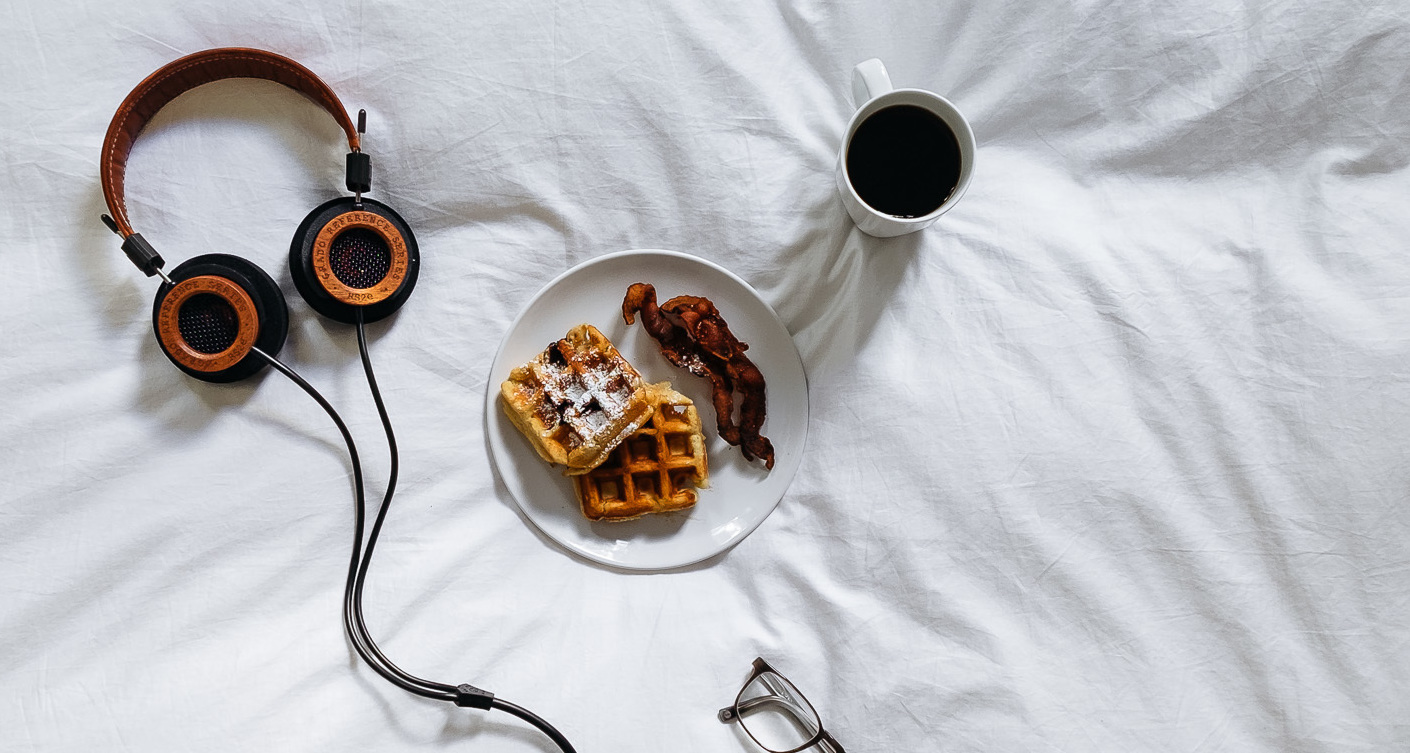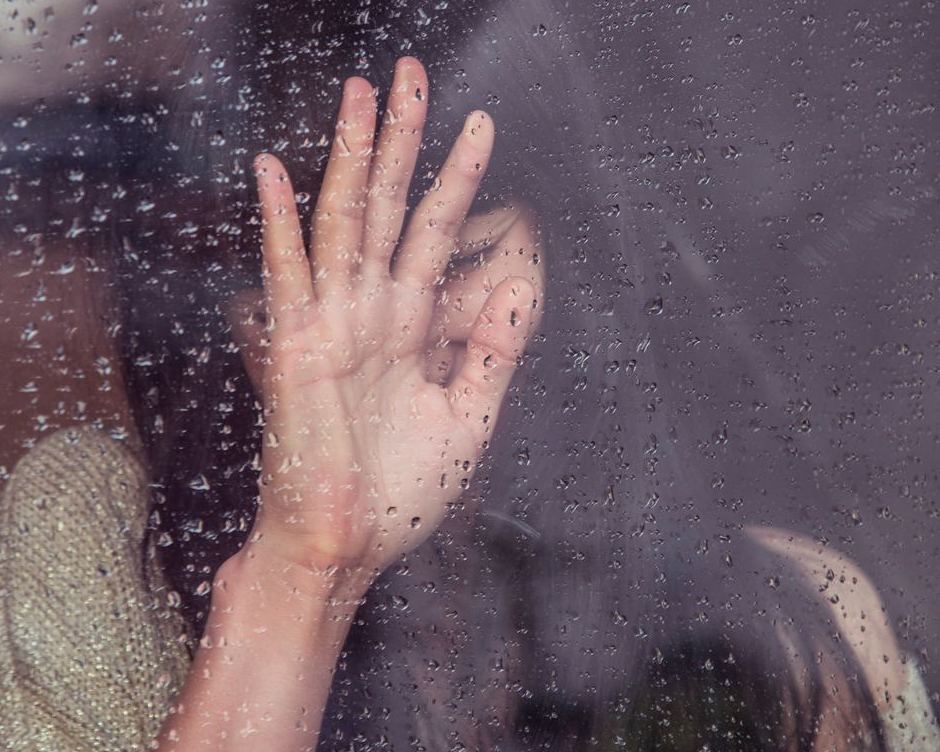
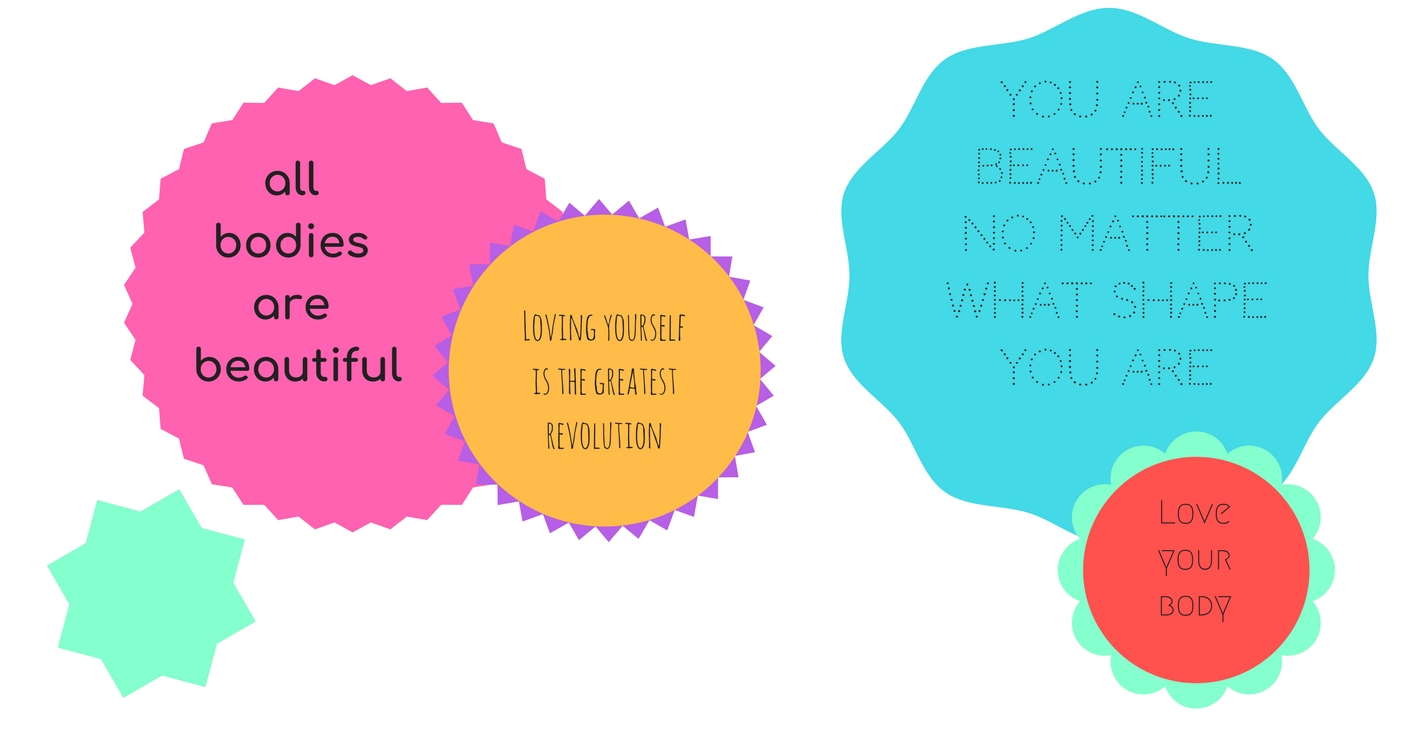
This is your passionate talk about Body Positivity!
Beauty, HEALTH, MUM, Mental Health, Motherhood
What is your first thought when you hear 'body acceptance'? Unfortunately it does provoke a negative reaction for most people. We have been raised in a culture that values looks and where we are to fit conventional standards of beauty.
Body acceptance means approving of and loving your body! Despite its and mostly, because of its imperfections. Body acceptance allows to embrace the diversity of bodies in the world and that beauty comes in many different forms.
But how do we deal with this in our daily life? How easy is it to love your body? Can we just turn blind to what is ‘asked of us’?
We asked Tone who has a soft spot on the topic and likes to speak about it freely on her Instagram. Images and real life outtakes included.
Tone is a 27 year old Norwegian mother of two daughters, Iselilja (4) and Thora (2). She is a part time psychology student and a full time mum. Tone is living in Surrey with her English husband and naughty dog Freya.
After one of her Instagram posts I invited her for an honest interview about the whole Body Acceptance movement.
And before I could even ask my first question, Tone said:
Body positivity has created a safe and nonjudgmental space for everyone. But perhaps especially for people who have been discriminated against for their size, colour, disability, age, gender etc.
Body positivity has also become a tool in activism that ties in with transphobia, sexism, racism, ableism, ageism etc.. The movement continues to confront us with how society treats those who do not fit in to the very narrow “beauty ideals”.
Body positivity has shifted the power dynamics and inspired people to take ownership over their own bodies. And taken a stand against a patriarchal society that tells us to hate our bodies and that certain bodies are unacceptable.
Accepting and even loving your body is a rebellious act in a society that upholds damaging constructions of what a body should be and that profits from our insecurities.
Now, you know why we had to have this talk…
Luna: What is body neutrality for you?
Tone: Body neutrality for me is finding an acceptance in your body. Seeing it for what it is and all that it does for you rather than something that needs to be worshiped and loved at all times. It is finding a way of existing with a neutral view of the body. I really think that loving your body at all times is a really difficult task. One that might set you up for failure when inevitably you have those moments where you are not in love with your body. It’s a way of taking the pressure off and allowing the body to be just that; a body. And for not being too hard on yourself when you’re having a bad day. A kind of comfortable spot between loving and loathing. Of course self love shouldn’t be dismissed because I am sure there are many who genuinely feel self love, and of course reaching that is a journey. Body neutrality is for me learning to accept it without giving it too much thought, rather than focusing on loving it at all times.
How did the topic of body acceptance/ body neutrality started for you?
Well, I think it started on social media with the body positivity movement. I think we all just crave to see bodies being bodies. Doing their thing and looking like the bodies we have and it was the same for me. I didn’t feel like any of the images I saw in magazines and on TV. So I decided to seek out people who looked different to the bodies in the magazines. Surrounding myself with images of different types of people really changed my internal voice. At the same time I thought that maybe with my privileges the body positivity movement perhaps wasn’t meant for me. Nonetheless I still craved a conversation regarding body confidence and body acceptance and after a while I discovered the term ‘body neutrality’. And that felt so much more right for me. Of course being the mother of two daughters really gave me some much needed perspective.
You have two daughters – do you talk about body neutrality with them already?
Yes I do, but not directly. I grew up hearing my mother and her friends and family talk about diets and weight loss and there was a lot of fat shaming going on. I think that experience never really left me and I think this narrative has coloured me slightly as an adult. So instead of being convinced by it I always rebelled a little against it.
As a result of this we never talk about people’s appearance negatively, we never comment on people’s size, we don’t allow conversations about weight or diets or food being categorised into ‘good’ or ‘bad’.
I think this kind of language is damaging to children’s self image and relationship with food and I will try and keep those topics away from them as long as possible. I never criticise my body in front of them. In fact I try to only use positive words when talking about my own body in front of them. As a positive side effect of using this kind of language it actually starts to manifest in your mind and become true. Win win! It’s not always that easy though, remember one morning my eldest daughter was laying in bed with me and she looked over at me and said ‘mummy, you have a beard’. Now in this moment I remembered all the times I’ve been teased about my fluffy upper lip (one of the symptoms of PCOS is excessive hair growth…) and I really had to gather myself before replying ‘yes, isn’t that cool!?”. She totally agreed and that’s what’s so great about children at that age. They are impressionable and that’s why its so important to be positive about how we talk about our bodies. She said to me the other day ‘mummy look at my arm, its growing hair!’ and she was so proud.
That just confirmed for me that the way we speak to children is so important in how they learn to see themselves and others.
What tips can you give other mums to love and accept their body?
Representation is really important! And since we don’t really see a very diverse representation of bodies in the media we have to take matters in to our own hands – until the media have caught up! Unfollow all the accounts that make you feel negative and start following people who have bodies you wouldn’t normally see in conventional media.
Try to recognise the negative voice in your head and remember that thoughts aren’t truths.
Go to the local swimming pool (this is the best place to see all kinds of body shapes). Talk to yourself like you would to a child or a friend, and most importantly don’t focus so much on loving your body. Start small, think how amazing it is that we get goosebumps when we’re chilly? Perhaps eventually you will reach the ultimate goal of love, but don’t focus too hard on that. Just existing without your body taking up that much head space is pretty nice.
I am sure you have bad days too. Are you always ‘in love’ with your look/body?
Of course! I am very rarely, if ever, in love with my body. Apart from maybe right after I’d given birth to the girls. I was pretty in love with my body then. But I feel comfortable with it, it takes me where i need to go and lets me give my children hugs.
Was it a long way to accept your body? How did it feel?
I think it is important to highlight here that I inhabit a body with many privileges. My body acceptance journey hasn’t been as long as perhaps someone who has been marginalised because of theirs.
Contrary to a lot of women I think I became a lot more comfortable in my own skin after I became a parent. Simply because I finally understood how amazing it actually is.
Again, I recognise that i am speaking from a place of privilege here.
Are you immune to the pressure society puts on our bodies?
No, is anyone? But seeing a diverse representation of bodies in social media certainly helps reduce the pressure.
Everyone should be treated with respect no matter what they look like or what size they are.
Anything to add to that?
I totally agree that everyone should be treated with respect regardless.
Your idea on what could be a start to stop body shaming?
Well, firstly we must stop focusing so much on this idea of what a healthy body looks like. And also the insinuation that health equals worth, because even if someone is “unhealthy” in whatever context they still deserve to be treated with dignity and respect. And is worthy of acceptance and love. Representation is also so important and we desperately need to see bodies of various sizes, genders, shades and disabilities in order to tackle the current norm which is too narrow for most people to feel represented. Body shaming is bullying and of course change always starts at home. We must teach our children to be respectful and we have to model this behaviour ourselves.
Stand up and speak up if you witness body shaming!
The last word…
Of course you might argue that body positivity still maintains the focus on our bodies and appearances. But regardless of this I think the body positivity movement has been and continues to be incredibly important for many people.
Follow Tone on her Scandimum blog and Instagram.


